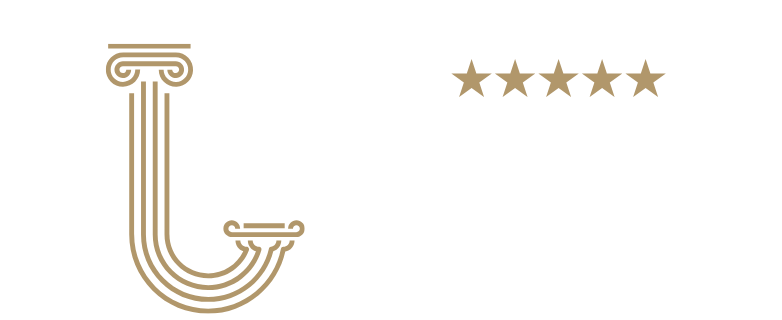Divorce is as much an emotional transition as it is a legal one as a fathers’ rights attorney can attest. While attorneys handle the legal process by filing paperwork, negotiating settlements, and representing clients in court, many individuals struggle with the overwhelm, anxiety, and decision fatigue that accompany the emotional side of divorce. The legal system is designed to dissolve marriages, not to guide individuals through the psychological and logistical challenges that arise during this life-altering process. That’s where divorce coaches come in—a relatively recent but increasingly popular resource designed to support individuals before, during, and after divorce.
What Is A Divorce Coach?
A divorce coach is not a therapist or a lawyer, but a trained professional who helps clients manage the practical and emotional aspects of divorce. Unlike therapists, who focus on deep emotional healing, or attorneys, who provide legal advice, divorce coaches bridge the gap by offering structured guidance on both the logistical and psychological challenges of divorce. Their goal is to help clients stay focused, organized, and empowered so they can make informed, calm decisions rather than reactive ones fueled by stress or anger.
Many divorce coaches have backgrounds in counseling, social work, or mediation, and they often undergo specialized training in divorce-related issues. They work with clients to create personalized action plans, set realistic expectations, and develop coping strategies for the emotional rollercoaster of divorce.
How Divorce Coaches Help
- Providing Clarity And Direction
Divorce is often accompanied by confusion through legal jargon, unfamiliar court procedures, and overwhelming paperwork which can leave individuals feeling lost. Clients working with a divorce coach benefit from clarity during these moments of uncertainty. Coaches help them define their goals, understand court procedures, and prepare for meetings with attorneys. This preparation often saves time and legal fees, as clients can use attorney time more efficiently by arriving organized and informed. - Improving Communication
One of the biggest challenges in divorce is navigating difficult conversations, whether with an ex-spouse, co-parent, or legal team. Coaches can offer communication strategies, including role-playing exercises, scripted responses, and emotional regulation techniques. For example, if a client struggles with high-conflict interactions, a coach might help them practice neutral language to de-escalate arguments. This can reduce conflict and lead to better outcomes, especially in co-parenting situations as our friends at Merel Family Law can attest. - Emotional Support And Accountability
Divorce can be an isolating experience. Friends and family may offer well-intentioned but biased advice, while the legal system can feel impersonal. Divorce coaches serve as a non-judgmental sounding board, offering perspective and encouragement. They also provide accountability, helping clients stay on track with tasks like gathering financial documents or completing court-required parenting classes. - Holistic Collaboration With Legal Teams
Recognizing the value of emotional support in legal proceedings, some divorce attorneys now partner with in-house divorce coaches to provide holistic client care. This collaboration ensures that clients receive both legal expertise and emotional guidance, making the process smoother and less traumatic. For instance, a coach might help a client prepare emotionally for a deposition, while the attorney focuses on the legal strategy.
The Long-Term Benefits Of Divorce Coaching
Working with a divorce coach doesn’t replace legal counsel — it enhances it. When emotional stability and legal strategy work hand-in-hand, clients are better equipped to advocate for themselves and move forward with confidence. Studies suggest that individuals who receive emotional and logistical support during divorce experience:
- Reduced stress and anxiety
- Faster post-divorce adjustment
- More amicable co-parenting relationships
- Greater financial preparedness
Ultimately, divorce coaching is about empowerment. By providing tools for emotional resilience and practical decision-making, coaches help individuals transition from a place of fear or uncertainty to one of strength and self-assurance. In a process that can often feel out of control, divorce coaching offers a roadmap to reclaiming stability and building a new, fulfilling life.
As the demand for personalized divorce support grows, divorce coaching is likely to become a standard resource — one that acknowledges the profound emotional weight of divorce while helping individuals navigate it with dignity and resilience. If you are seeking help with a divorce, start with an attorney near you.
